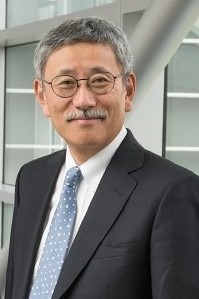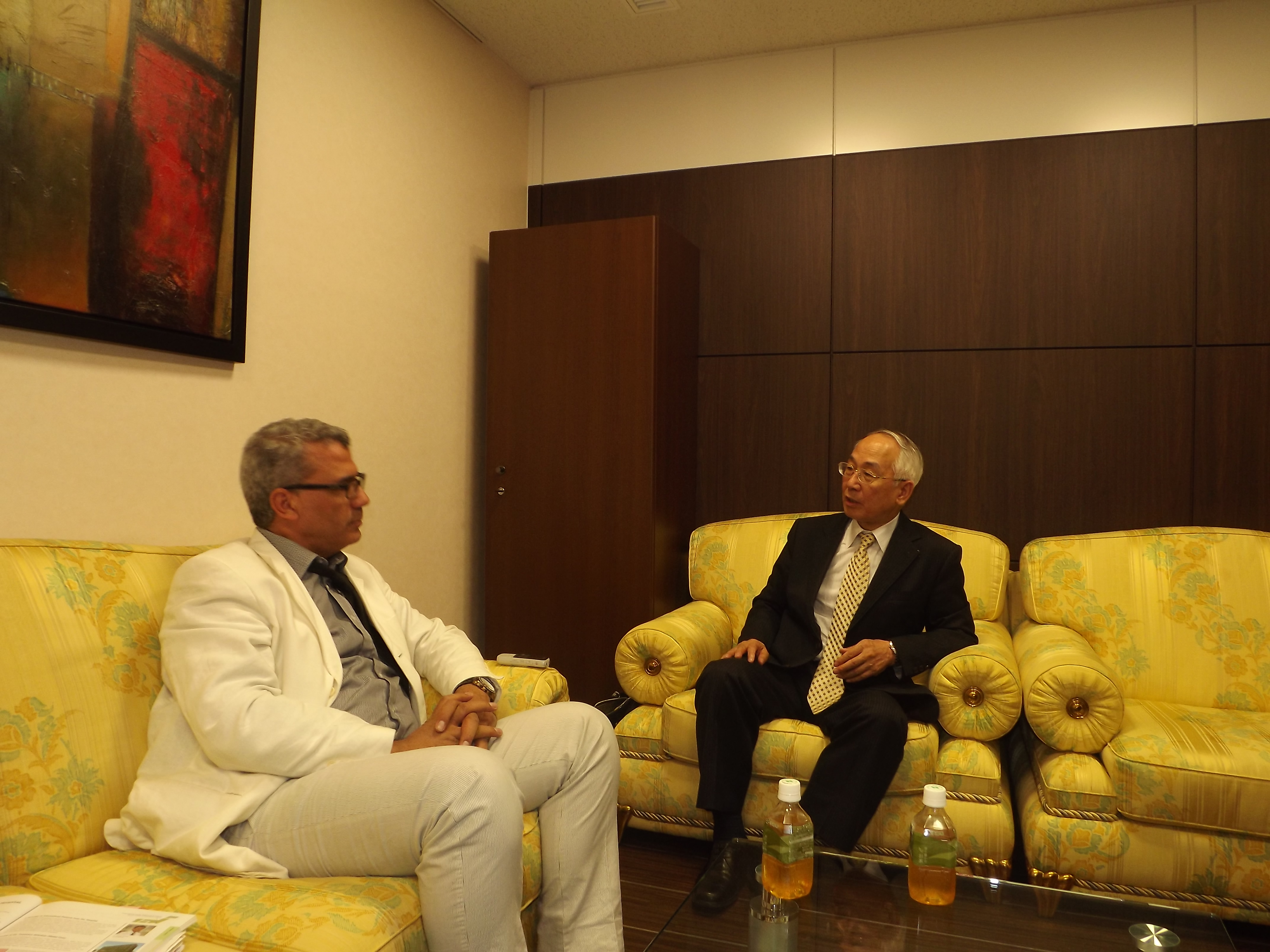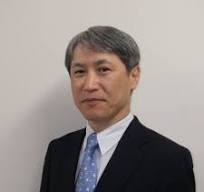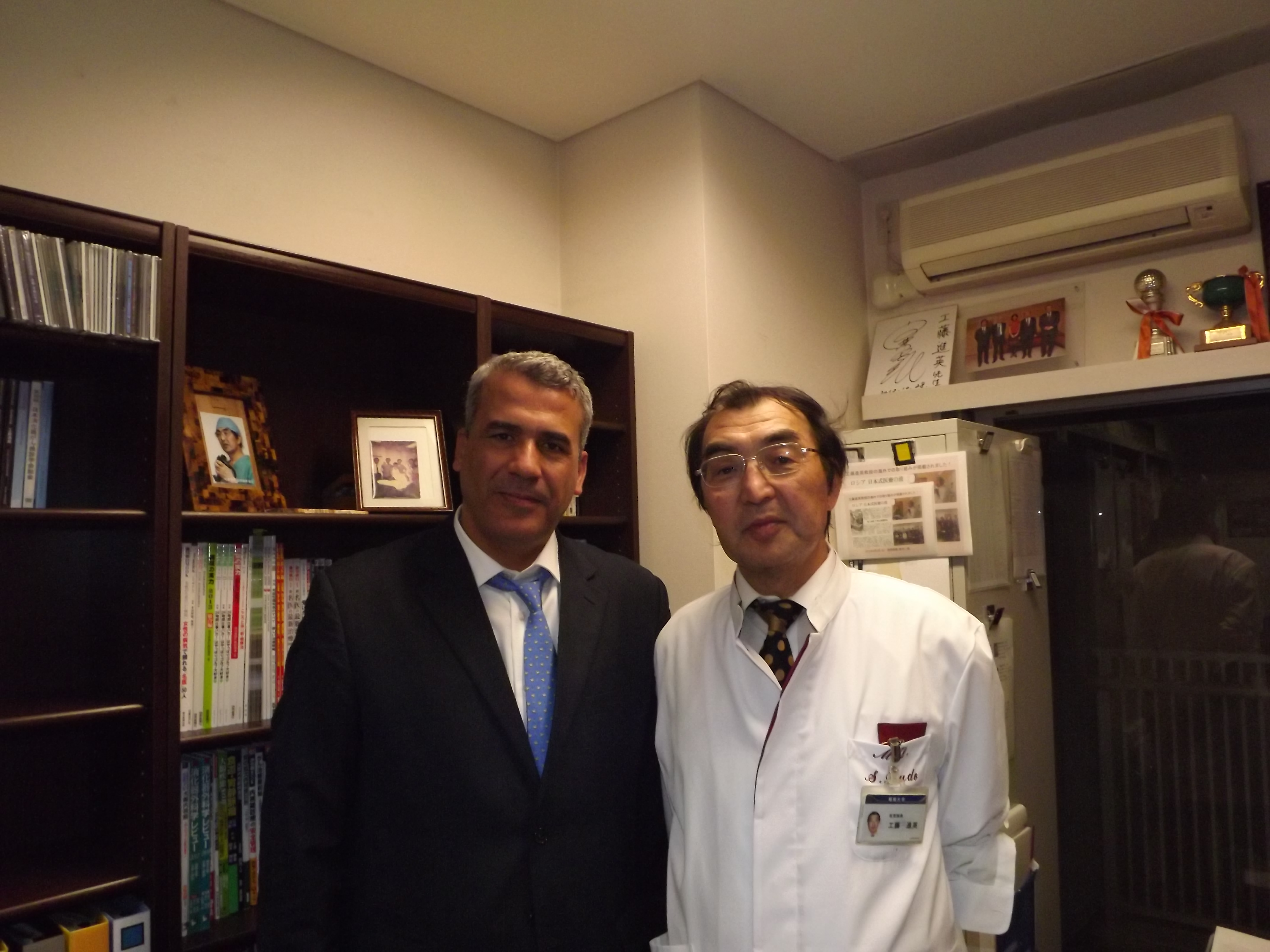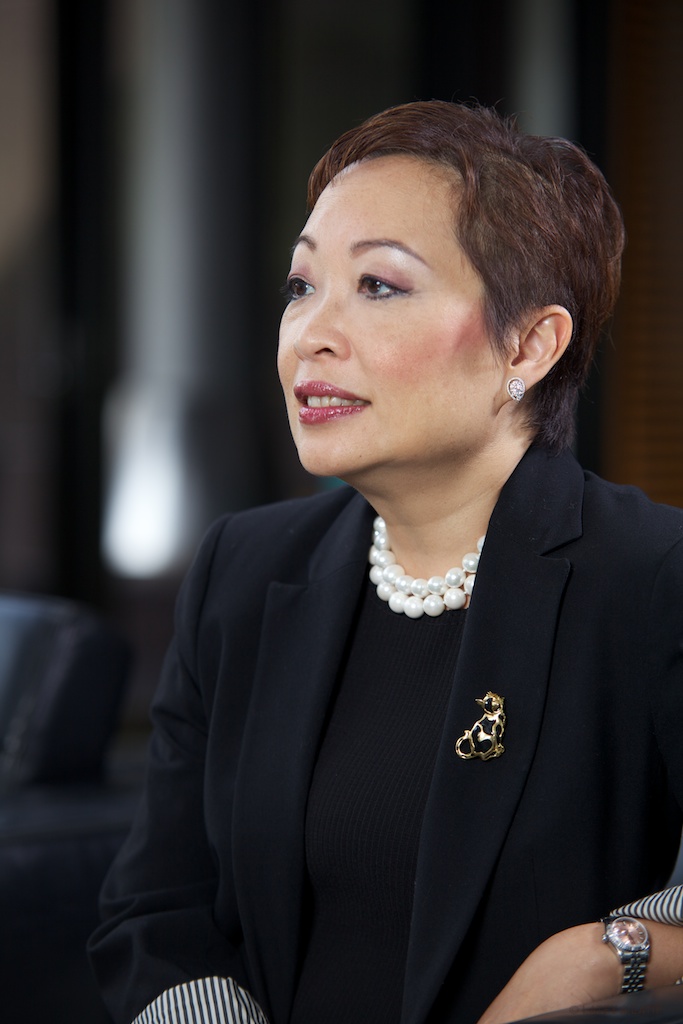Middle East Health Tourism Magazine-Tokyo-Japan
By .Editor in Chief
The duration of stay at the hospital and ever-increasing associated costs are usually among the most
worrisome issues for a cancer patient, especially on a foreign land. However, the healthcare system in
Japan aims to offer the best services to international patients whilst minimizing the stress factors, such as
psychological or financial.
For overseas patients, The Cancer Institute Hospital of the Japanese Foundation for Cancer Research offers
a wide range of surgical treatments, which, compared with anticancer drug treatment and radiation
therapy, require shorter stays and less frequent visits to Japan. The best possible treatment is provided by
the medical staff at the shortest time possible to the patient, which puts fewer burdens on the patient as
well as people traveling with him or her.
“First, I’d like to share with your readers that we have a successful track record of surgeries in digestive
cancer as well as head and neck cancer, which were considered by other hospitals to be impossible to
excise. Our surgical results are generally considered among the best in Japan for all types of cancer such as
urinary, endometrial and ovarian, and lung cancer,” said Dr. Sano.
The Cancer Institute Hospital’s doctors can perform a wide range of surgeries and for example, depending
on the progression of the stomach cancer, they offer several treatment choices such as endoscopic
excision, laparoscopic surgery, or complete removal of the stomach by laparotomy among others.
“We have performed a large number of laparoscopic surgeries, especially for stomach, large intestine, and
lung cancers, which leave only small surgical scars and are minimally invasive, thus enhancing the quality of
life of patients,” added Dr. Sano.
And in progressive cancer cases with a possibility of lymph node metastasis, they were able to improve
patient survival rates not only by removal of tumors but also by lymphadenectomy (surgical removal of
lymph nodes), which is a procedure that is rarely performed in Europe or the United States of America.
According to the veteran director of the International Center, The Cancer Institute, the founder of the
hospital, was established in 1908 as Japan’s first medical institute specializing in cancer, when the disease
did not attract as much public attention as it does today. Since its establishment, the two sister facilities,
the research institute and the hospital, have worked closely on research and development of the latest
diagnostics and treatment technologies, to provide excellent treatment for patients. Dr Sano proudly
shared that many of their doctors and researchers also play an active role in international academic
societies.
“Physicians of internal medicine, surgery, radiation therapy, diagnostic radiology, pathology, and other
healthcare professionals come together to work as a collaborative team. The team discusses the best
therapy for the patient, selects and combines treatments, and finally creates a customized therapy
protocol. We strongly believe that this system of team-approached medical treatment serves the needs of
each and every patient in the best way,” concluded Dr. Takeshi Sano.
Overview of Treatment Schedule (Model Case: Stomach Cancer)
